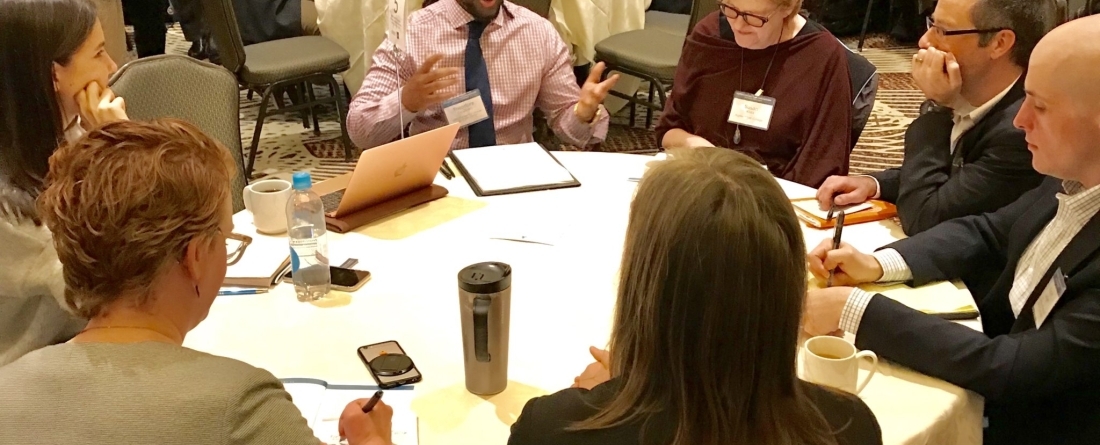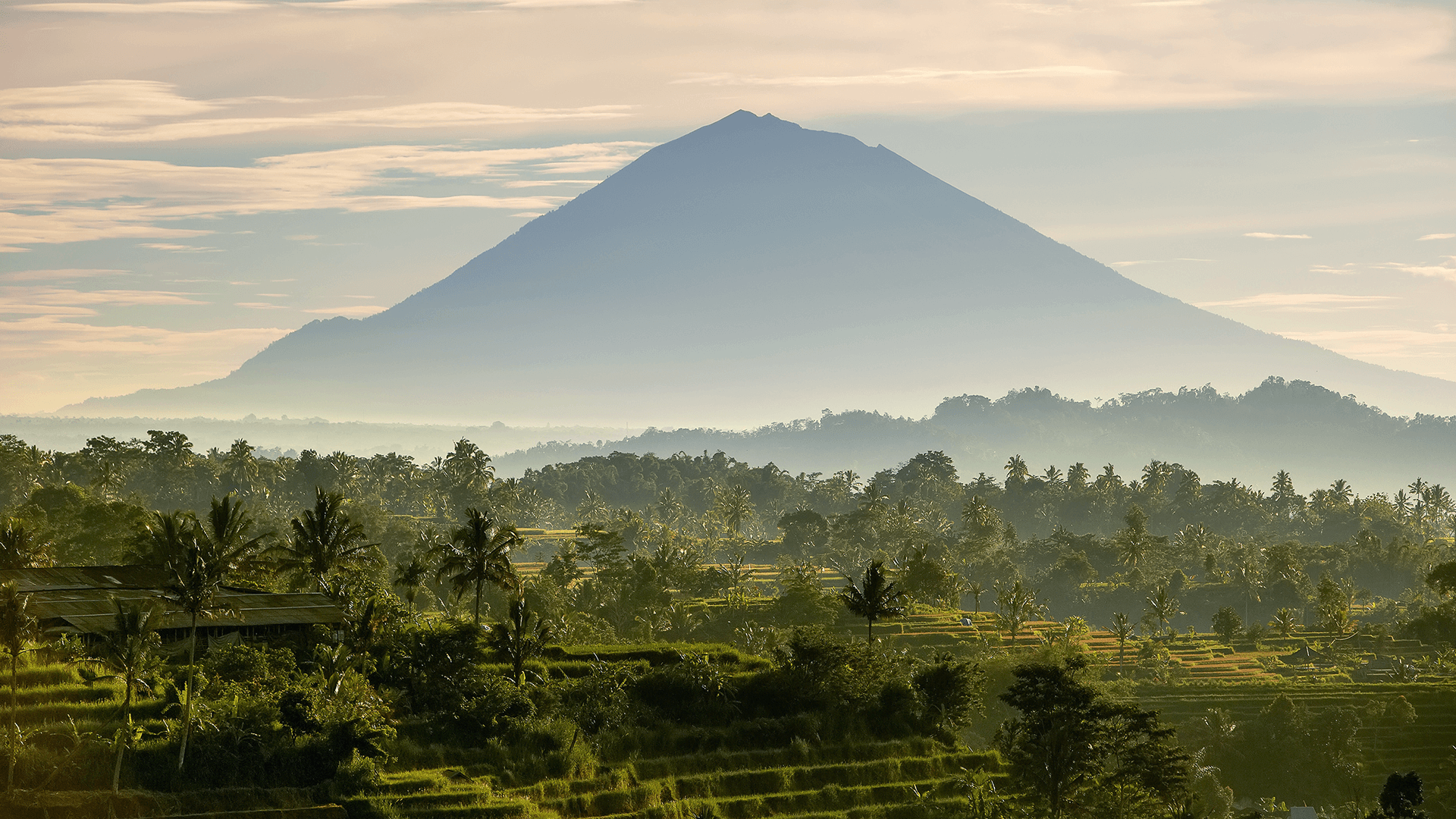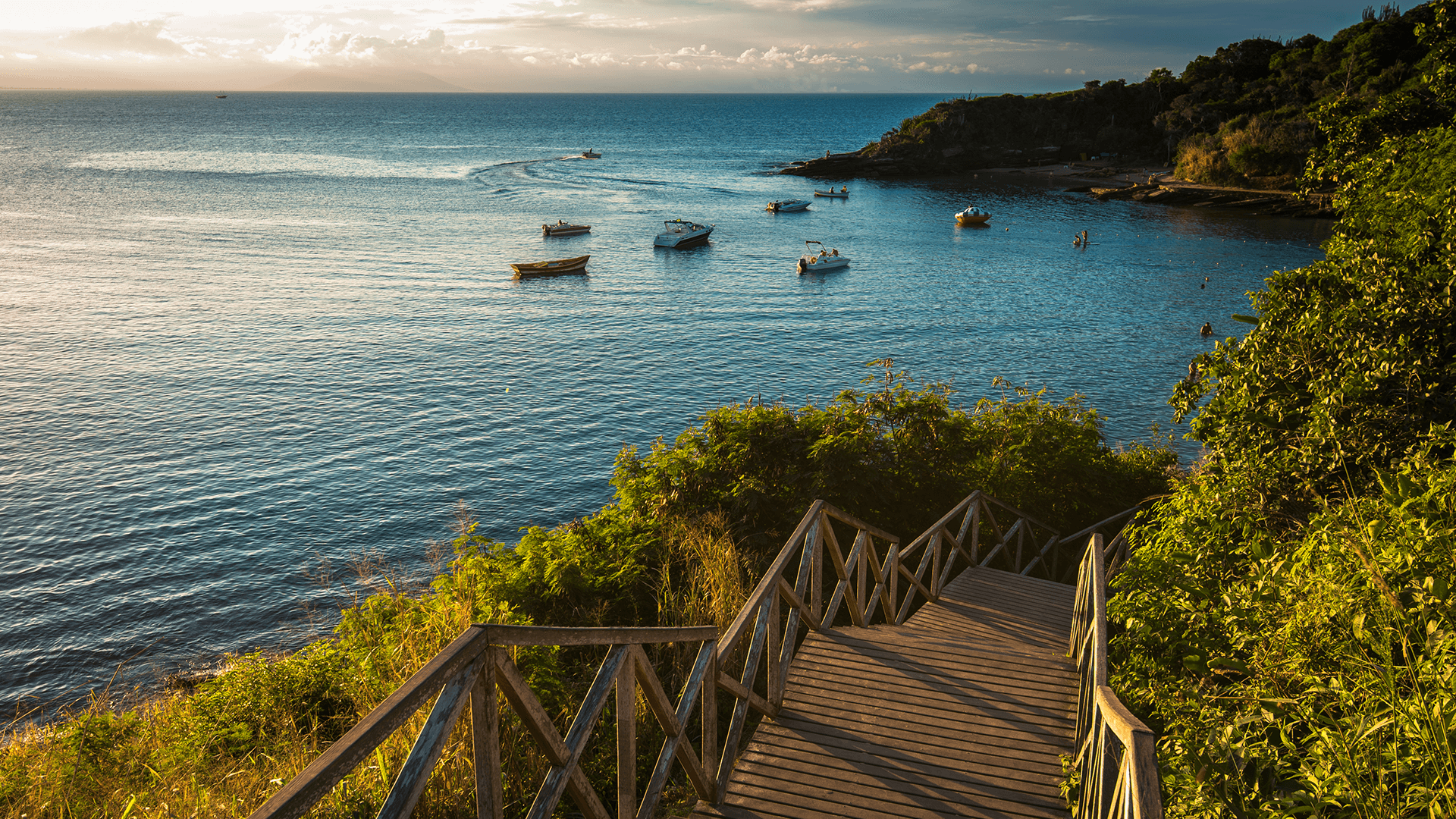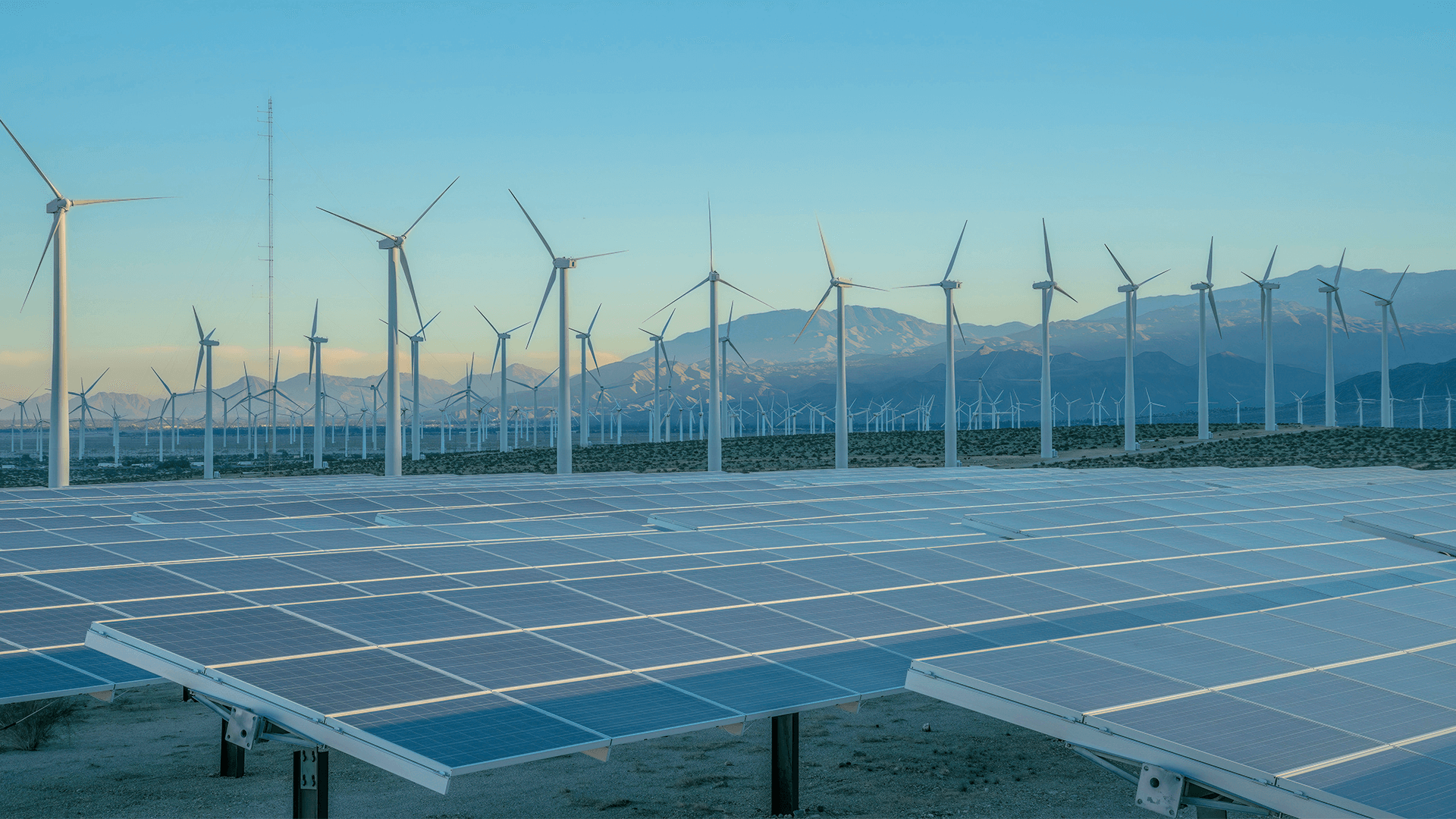
This week, University of Maryland Center for Global Sustainability (CGS) staff and faculty are attending the 2019 Higher Education Climate Leadership Summit in Tempe, Arizona. The annual summit, hosted by Second Nature and the International Endowments Network, brings together a diverse set of higher education leaders who are committed to furthering the climate agenda, from local to global action.
The delegation from CGS includes Rosina Bierbaum, research professor and Roy F. Weston Chair in Natural Economics within the School of Public Policy; Caroline Boules, research fellow with CGS; Shannon Kennedy, manager of strategic engagement at CGS; and Theo Caruthers, diversity advisor at CGS.
Caruthers is leading a “Next Level Conversation” with a select group of participants to discuss the very important topic of “Expanding Representation and Inclusion in U.S. Climate Policy & Education.” Of all things going on at the conference, Caruthers is most looking forward to engaging various audiences from all backgrounds, genders, races and more for his discussion of expanding diversity and representation in climate policy spaces.
While at the conference, Caruthers says, “In the short time that I've been in Tempe interacting with conference participants, I've had a chance to share my initial thoughts with others about how crucial this topic is and the feedback thus far has been overwhelmingly positive. Everyone can attest that more can be done to have a more inclusive sample in our climate policy population, but many have struggled with the ‘how to?’ I'm most looking forward to the dialogue that arises from the willingness of others to promote a more inclusive policy space.”
In addition to this discussion, CGS as research lead of the University Climate Change Coalition (UC3) is leading the conversation at a closed door session, “Higher Ed as a Change Agent in the Community.” Bierbaum is serving as the head facilitator of the discussion with Boules, Kennedy and Caruthers functioning as note takers and mini-facilitators for the session.
Boules participated in a Resilience Planning Workshop on Sunday at the summit. “I was really interested in learning what other universities were doing with resilience assessments in their communities. I am looking forward to bringing this new knowledge into the discussion on what a university’s role is and can be in their communities.”
Participants in the closed session include UC3 liaisons from the 18 universities as well as invited participants representing the private, public and community sectors. Discussion will attempt to find common solutions and innovative approaches to answer three questions: 1) How can higher-ed stakeholders successfully initiate engagement with their local communities to accelerate climate action? 2) What are the incentives on each end for these engagements? And what are the main challenges facing success? And finally, 3) How can we measure success?
Kennedy is looking forward to launching this crucial conversation on how universities can harness their convening power, bring together a diverse set of stakeholders, and collaborate on enhanced climate action. “Universities can make such a larger impact beyond campus boundaries. The University of Maryland has the ideas, partners and drive necessary to push an ambitious policy agenda, not only in the State of Maryland, but even at a global level.”



